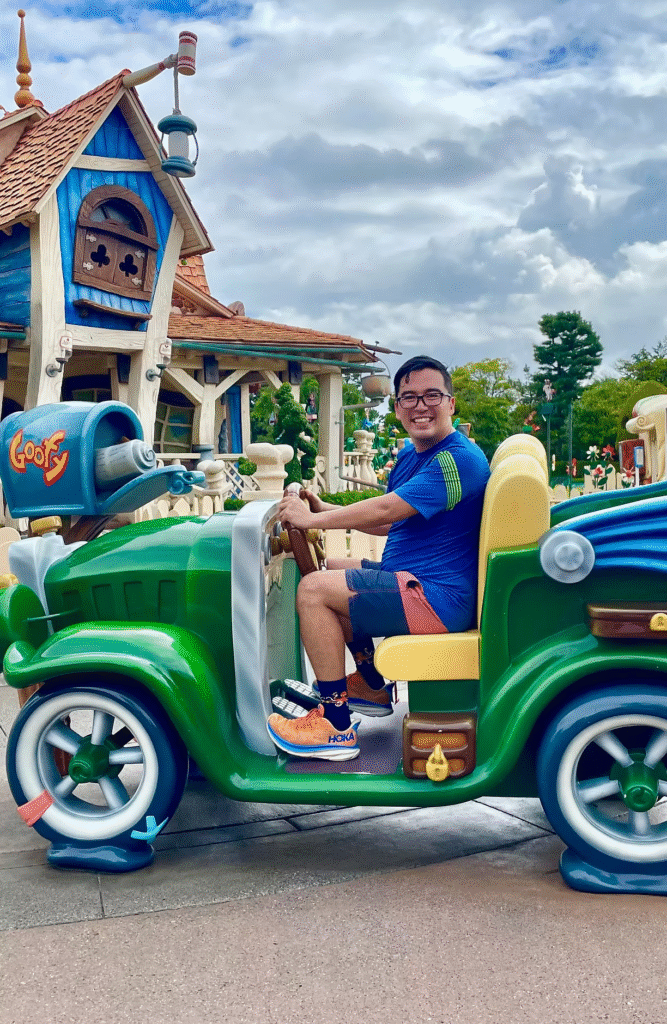
On Judgment: A Critical Grammar for Computing and Law
Gerardo Con Diaz
Date: Monday 8 December 2025
Time: 6:00am (Los Angeles – PST)
The recording will be made available here at a later date. Please check back for further updates.
As digital systems increasingly shape how decisions are made, the boundary between legal reasoning and computational procedure has grown unstable. This essay, in preparation for the Oxford Handbook of the Philosophy of Computer Science, offers a framework for analyzing how law and computing intersect–not in isolation, but through institutional routines that authorize action, construct knowledge, and structure legitimacy. Rather than treating one system as subordinate to the other, it traces the tensions that emerge when their logics collide, overlap, or become indistinguishable. Drawing on insights from science and technology studies and legal studies (including traditions shaped by intellectual property law), it makes visible the patterned entanglements through which governance can now operate–distributed, technical, and opaque, yet anchored in specific modes of reasoning and control.
Con Diaz is Professor and Chair of the Department of Science and Technology Studies at the University of California, Davis, and an inaugural editor of Studies in Computing and Culture, a book series at Johns Hopkins University Press (alongside Jeffery R. Yost). He recently published Everyone Breaks These Laws: How Copyrights Made the Online World (Yale, 2025) and co-authored the newest edition of Computer: A History of the Information Machine (Routledge, 2023). Later this year, he will publish Just Code (Hopkins, 2025), a volume he co-edited with Yost. Con Diaz’s first book, Software Rights: How Patents Transformed Software Development in America (Yale, 2019), won the Computer History Museum Prize for the best book on the history of information technology. He has been a fellow at the Hoover Institution (Stanford) and the Information Society Project (Yale Law School), and his research has been funded by the Alfred P. Sloan Foundation, the U.S. National Science Foundation, the Smithsonian Institution, and the U.S. National Endowment for the Humanities. He lives in Sacramento, California, with his husband. When not writing, he is usually biking, singing, or swimming.
